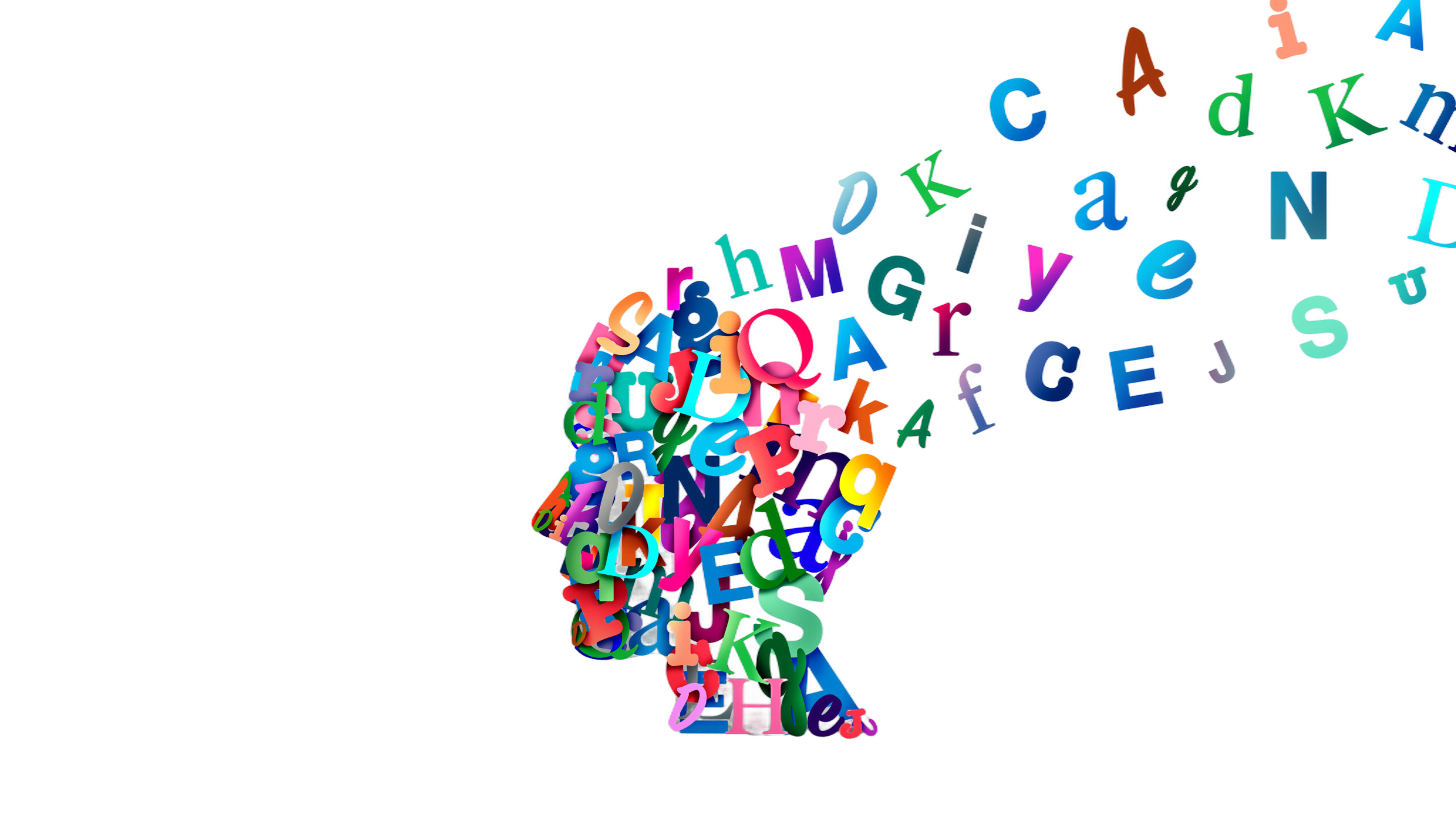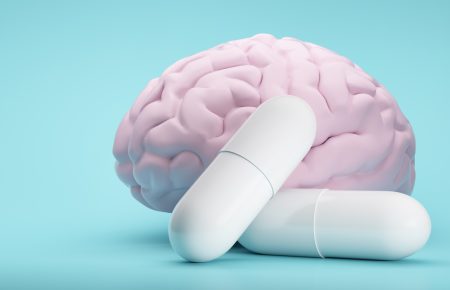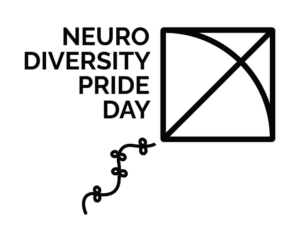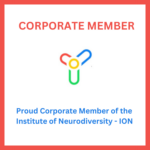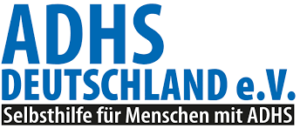ADHD, attention deficit hyperactivity disorder, is a neurodevelopmental disorder that often begins in childhood and affects attention, impulsivity and activity. Here are answers to frequently asked questions:
How can you tell if you have ADHD?
Determining whether you have ADHD requires a careful assessment by a healthcare professional. Symptoms such as inattention, impulsivity and hyperactivity may indicate ADHD, but an accurate diagnosis requires a thorough examination.
Hyperactivity disorder, also known as attention deficit hyperactivity disorder (ADHD), is a neurodevelopmental disorder that often begins in childhood and often persists into adulthood. This disorder affects the areas of attention, impulsivity and hyperactivity and can impair daily functioning.
Symptoms of hyperactivity disorder (ADHD):
- Inattention: Difficulty maintaining attention, distractibility, forgetfulness in daily activities.
- Impulsivity: Acting quickly without adequate thought, difficulty controlling impulses.
- Hyperactivity: Excessive activity and restlessness, difficulty sitting still.
Diagnosis of hyperactivity disorder:
The diagnosis of ADHD requires careful evaluation by qualified professionals, often based on the criteria of the Diagnostic and Statistical Manual of Mental Disorders (DSM-5). A comprehensive history, including behavioural assessments from teachers and parents, is often part of the diagnostic process.
Causes of hyperactivity disorder:
The exact causes of ADHD are not fully understood, but a combination of genetic, neurobiological and environmental factors is hypothesised. A familial predisposition can play a role, as can certain neurobiological differences in the brain.
Treatment options:
- Medication therapy: Stimulants such as methylphenidate and amphetamines are often used to treat ADHD in order to increase the availability of neurotransmitters in the brain.
- Behavioural therapy: These approaches can focus on developing self-management strategies, time management and social skills.
- Multimodal therapy: A combination of different approaches that is individually tailored to the needs of the person affected.
Dealing with hyperactivity disorder:
- Early intervention: Early diagnosis and intervention are crucial to help children with ADHD cope with challenges at school and in the social environment.
- Support in the school or work environment: Adaptations, such as extra help in the classroom or workplace, can promote success.
- Healthy lifestyle habits: Regular exercise, a balanced diet and adequate sleep can help to alleviate symptoms.
Individual treatment and coping strategies may vary depending on specific needs. It is important to seek advice from professionals to develop a customised approach that best supports the person affected.
What are people with ADHD particularly good at?
People with ADHD often show remarkable strengths, including creativity, flexibility and a unique way of thinking. Many have high levels of energy and can excel in fast-paced thinking and acting environments.
Diagnosis of ADHD and the role of the central ADHD network
Diagnosing ADHD requires expertise, and this is where the central ADHD network comes into play. We explain how medication can be part of a comprehensive approach to managing motor restlessness and aggressive behaviour.
Dopamine and DSM-IV: Understanding the neurotransmitters and diagnostic criteria
The role of neurotransmitters such as dopamine and the DSM-IV diagnostic criteria are key factors in understanding ADHD. Learn how mental illnesses, including autism spectrum disorders, are viewed in this context.
Adult ADHD: challenges and solutions in focus
Adults with ADHD face unique challenges that require specific understanding and individualised solutions. Here we explore in detail the multifaceted aspects of ADHD in adulthood and highlight how multimodal therapy, particularly in relation to aggressive behaviour, becomes an effective coping strategy.
Challenges in adulthood:
- Professional difficulties: The effects of ADHD can have an impact on employment. Difficulties with attention control and organisation can affect job performance.
- Interpersonal relationships: ADHD can affect relationships by bringing communication problems, restlessness and impulsivity.
- Self-esteem: Adults with ADHD often experience challenges related to their self-esteem and self-perception due to difficulties in various areas of life.
Solution approaches for adults with ADHD:
- Multimodal therapy: This integrative form of therapy combines various approaches such as behavioural therapy, coaching and, if necessary, medication. It aims to overcome specific challenges faced by adults with ADHD.
- Self-management strategies: Developing individualised strategies for self-management is crucial. This includes techniques for time planning, organisation and stress management.
- Professional support: Career counselling and professional support can help to overcome professional hurdles. Adapting the work environment and identifying strengths are part of this approach.
- Psychosocial support: Group support, peer mentoring and dialogue with other adults with ADHD can make an important contribution to psychosocial support.
Our resources for adults with ADHD:
On our website, we not only provide comprehensive information about ADHD, but also resources specifically tailored to adults with ADHD:
Adolescents with ADHD: challenges and solutions in focus
Adolescents with ADHD face specific challenges at a crucial stage of their development. Here we take the time to look in detail at the complex aspects of ADHD in adolescence and show how individualised solutions, including multimodal therapy, can help to overcome them.
Challenges in adolescence:
School adjustment: The school environment can be particularly challenging for adolescents with ADHD, as difficulties with attention and impulsivity can interfere with the learning process.
- Social interactions: Adolescents with ADHD may have difficulty behaving appropriately in social situations, which can lead to conflicts and misunderstandings.
- Self-image and acceptance: The self-image of adolescents with ADHD may be impaired, which affects their self-acceptance and self-esteem.
Solution approaches for adolescents with ADHD:
- Early intervention: Early intervention by professionals can help overcome challenges in the school environment and effectively support adolescents with ADHD.
- Parent and teacher training: Training parents and teachers in best practices for supporting youth with ADHD can create a positive environment.
- Self-management skills: Teens can learn to manage their time, develop strategies to organise themselves and build effective communication skills.
What are typical symptoms of ADHD?
Typical symptoms of ADHD can include inattention, impulsivity, hyperactivity, difficulties with self-organisation and concentration problems. These symptoms can vary depending on age and individual characteristics.
How do people with ADHD behave?
The behaviour of people with ADHD can be diverse. It often includes impulsive behaviour, difficulty maintaining attention and hyperactivity. However, individual differences are important as not all people with ADHD exhibit the same behaviours.
Since when has ADHD existed?
ADHD was first described at the end of the 19th century, but the diagnosis and understanding have evolved over time. Today’s definition and understanding of ADHD has evolved over the decades.
When does ADHD appear?
ADHD often manifests itself in childhood, but the symptoms can persist into adulthood. An accurate diagnosis and appropriate interventions are crucial to make daily life easier.
Why didn’t ADHD exist before?
The reasons why ADHD may have been less recognised in the past are complex. It could be due to lower awareness, different diagnostic criteria and social stigmatisation.
Why do people get ADHD?
The exact reasons for the development of ADHD are not fully known. It is assumed that a combination of genetic, neurobiological and environmental factors play a role.
What does ADHD mean?
ADHD stands for attention deficit hyperactivity disorder. It is a neurological disorder that affects attention, impulsivity and activity.
Treatment for ADHD (attention deficit hyperactivity disorder) is often individualised and can involve a combination of approaches. Here are some common methods of treating ADHD:
- Medication treatment:
- Stimulants: Most commonly prescribed medication for ADHD. They increase the availability of neurotransmitters such as dopamine in the brain, which can improve attention and impulse control.</li
- Non-stimulant medications: An alternative to stimulants. These can also alleviate the symptoms of ADHD, but have a different mode of action.
- Behavioural therapy:
- Cognitive behavioural therapy (CBT): Helps to identify and change unwanted behaviour patterns. Can be useful in overcoming problems associated with ADHD, such as procrastination and organisational difficulties.
- Behavioural therapy for parents: This approach helps parents learn effective techniques for dealing with their child’s behaviours.
- Multimodal therapy:
- Integration of different approaches: Multimodal therapy combines medication, behavioural therapy and other interventions to create a comprehensive treatment strategy. This approach takes into account the individual needs of the person affected.
- Self-management strategies:
- Time management: Learn to organise time effectively and plan tasks
- Self-reflection: The ability to monitor and adjust your own behaviour.
- Structure and routine: Creating clear structures and routines in daily life can help to alleviate symptoms.
- Support at work or school:
- Adjustments in the work or school environment: This can be special accommodations such as extended exam periods or workplace adjustments to accommodate individual needs.
- Healthy lifestyle habits:
- Exercise: Regular physical activity can improve alertness and mood.
- Healthy diet: A balanced diet contributes to overall health and stability.
It is important to emphasise that the best treatment strategy may vary depending on individual needs and circumstances. A comprehensive approach that integrates medication, therapy and supportive measures can significantly improve the quality of life of people with ADHD. The decision about treatment should be made in consultation with a qualified healthcare provider.

